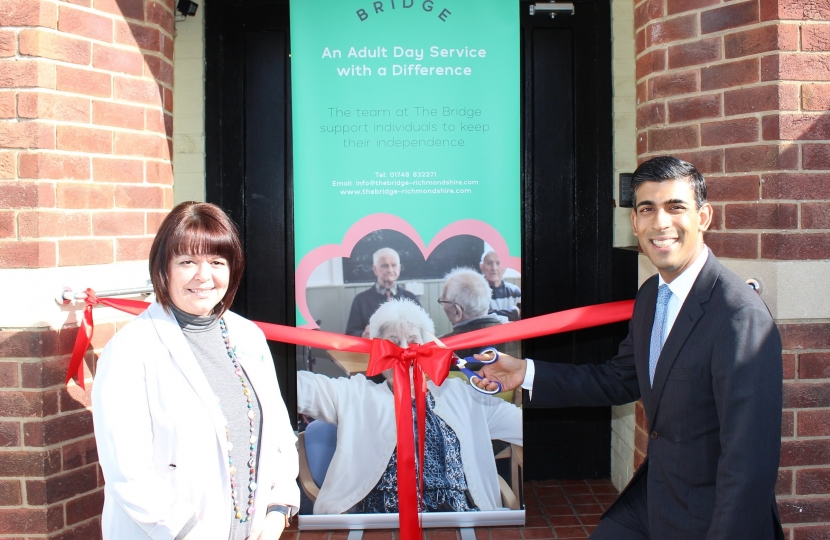
FOR many of us, a busy life at work, a growing family and good friends mean that loneliness is not something we are familiar with.
Indeed, after a particularly hectic time the idea of a bit of loneliness – getting away from it all – might seem very attractive.
But for a significant and growing minority in this country, loneliness isn't attractive at all. It blights lives, making people prone to depression and other medical conditions.
Of course, people don't die of loneliness but it can be a contributory factor in early deaths. Official statistics show that socially isolated people are three-and-a-half times more likely to be clinically depressed, twice as like to develop dementia and two to three times more likely to be physically inactive. That in turn results in a 7% increased likelihood of developing diabetes, an 8% increased likelihood of suffering a stroke and a 14% likelihood of developing coronary heart disease.
Lots of good things are happening in our communities to combat loneliness. Last Friday, I was honoured to attend the relaunch of the St John's Community Centre in Catterick Garrison which does great work with older people.
Now called The Bridge, the former church building in Shute Road is an adult day centre which, among a range of services, provides companionship and support to the elderly in and around the Garrison. Support and friendship can also be offered to members in their own homes.
It is a terrific service and my visit could not have been better timed. This week, in Westminster, I got to work with a group of fellow Ministers on a new approach to tackle loneliness.
This group is charged with fulfilling the Prime Minister's pledge made in January this year to act on many of the recommendations made by the Jo Cox Commission. Before the Yorkshire Labour MP's tragic death in 2016, she had been working on a plan to highlight this growing problem and suggest ways all of us – that's Government and individuals – can combat it.
Along with my colleagues from across government, we will be looking to build on this work, create new policies, set out a national strategy, co-ordinate the efforts of others and establish a dedicated multi-million pound loneliness fund.
This money will be used in two ways: firstly to fund innovative ideas and make them happen on the ground and, secondly, to scale-up and spread existing approaches which are already working well in local communities.
Projects like the one I saw in action at Catterick Garrison last Friday. One member who I spoke to told me The Bridge was "her lifeline". Another described it as his second home.
There's also simple things we can do as individuals. As Jo Cox said we can all look in on an elderly neighbour living on their own. We could visit an elderly relative or make that call or visit a friend we've been promising for long time.
One final point. Here I have made references to the plight of the elderly but it is important to note that loneliness doesn't affect the old. In today's world it's cross-generational and that's why we need a new approach.
